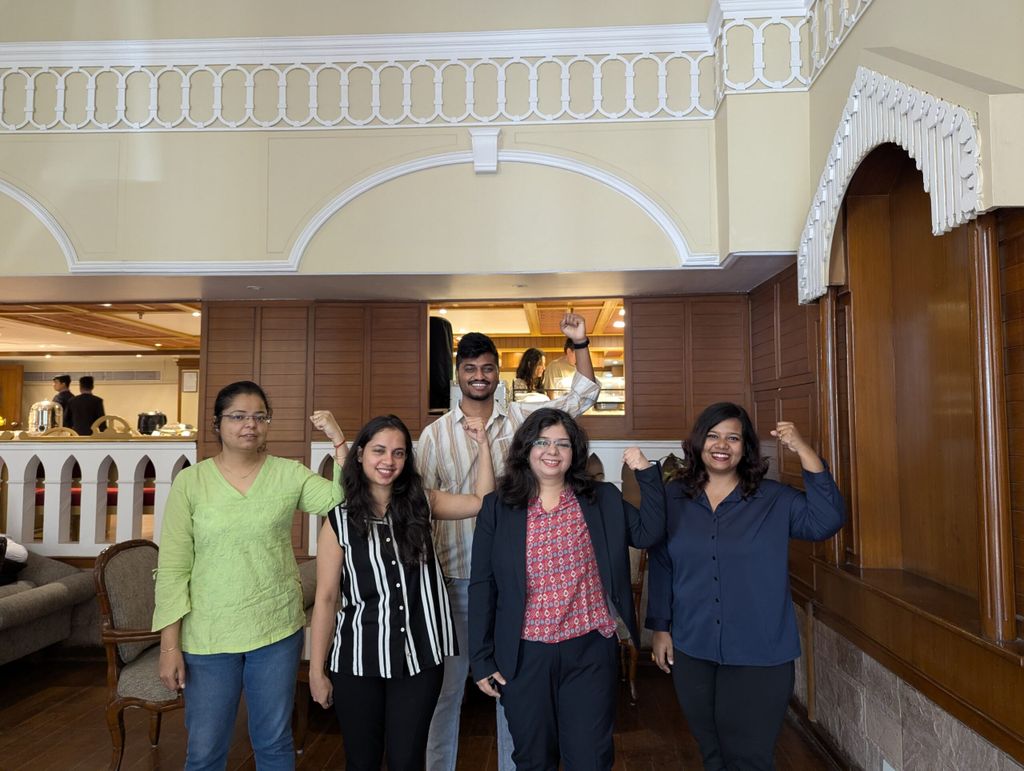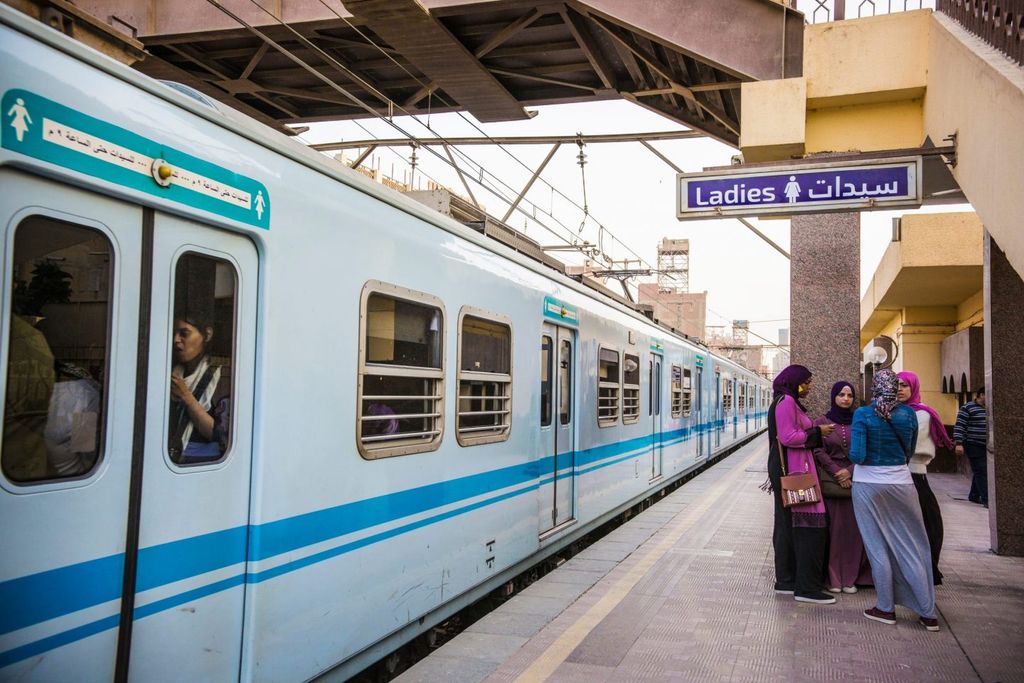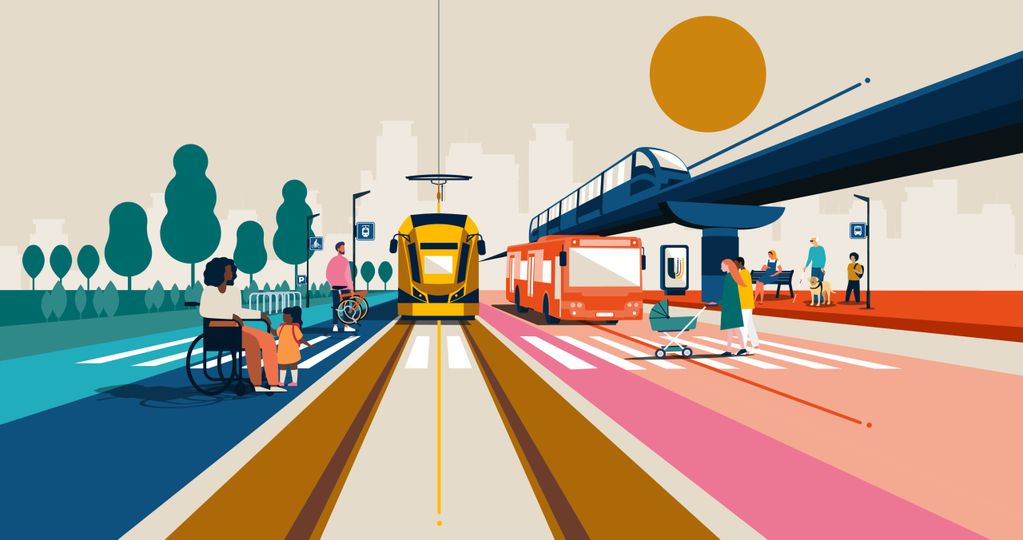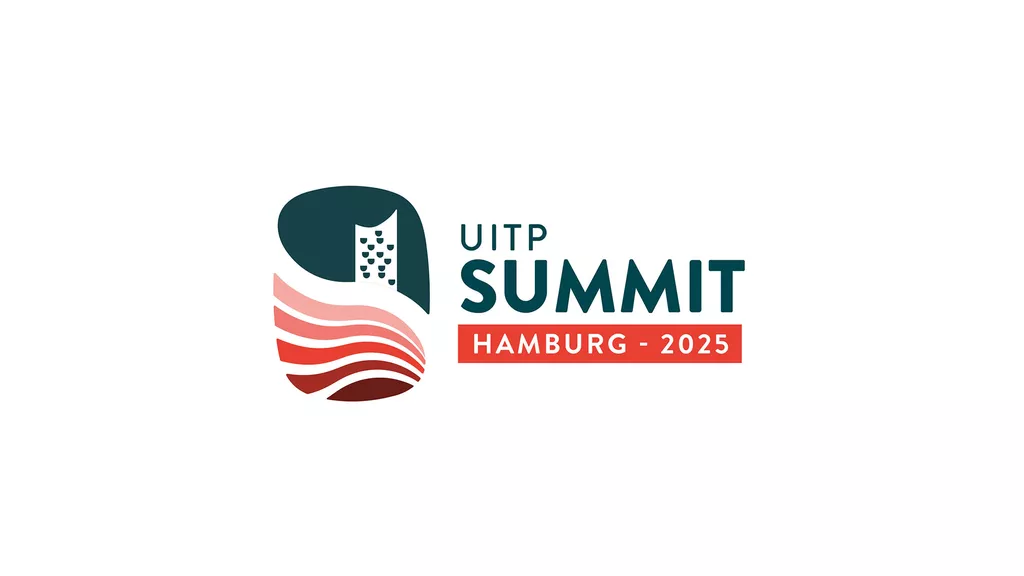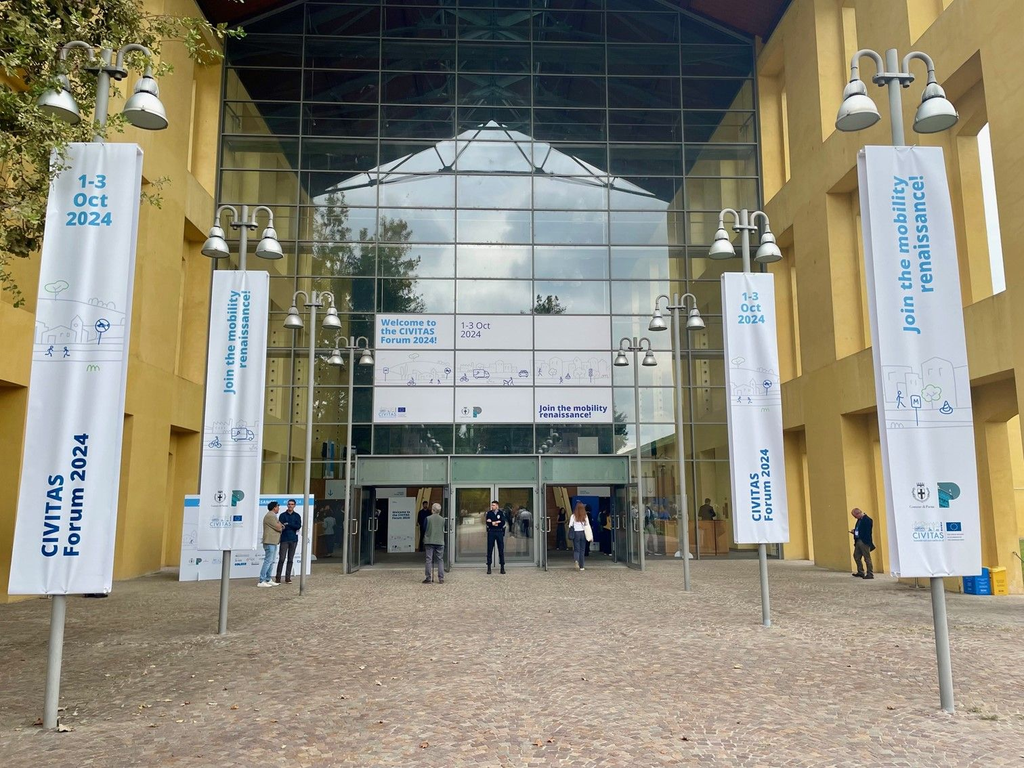
CIVITAS Forum 2024: A Step Closer to a Mobility Renaissance
From 1 to 3 October 2024, Parma, Italy, played host to the Civitas Forum 2024, where experts, policymakers, and city representatives gathered to explore the future of urban mobility. As Europe’s flagship event for mobility innovation, the forum showcased innovative solutions aimed at transforming how cities move, focusing on cleaner, smarter, and more efficient transport networks.
The event provided a platform for several EU-funded projects, and UITP had representatives from UPPER, eBRT2030, and NetZeroCities, taking an active role during the event, with discussions focused on a vision for sustainable, people-centered mobility.
Charging Ahead with eBRT2030: Electrifying Urban Mobility
In the session ‘Charging Ahead: Electrifying Urban Mobility’ on 2 October, the eBRT2030 project highlighted one of its demonstrations – the IMC trolleybus BRT system, MetroMare. This system showcases how innovative electric solutions are reshaping public transport, offering cleaner and more efficient options for cities.
The discussions went beyond the technical challenges of electrifying bus operations, addressing the question: What comes after electrification? The session looked ahead to future innovations for bus rapid transit systems, emphasizing the importance of scalability, accessibility, and sustainability in achieving Europe’s ambitious climate targets.
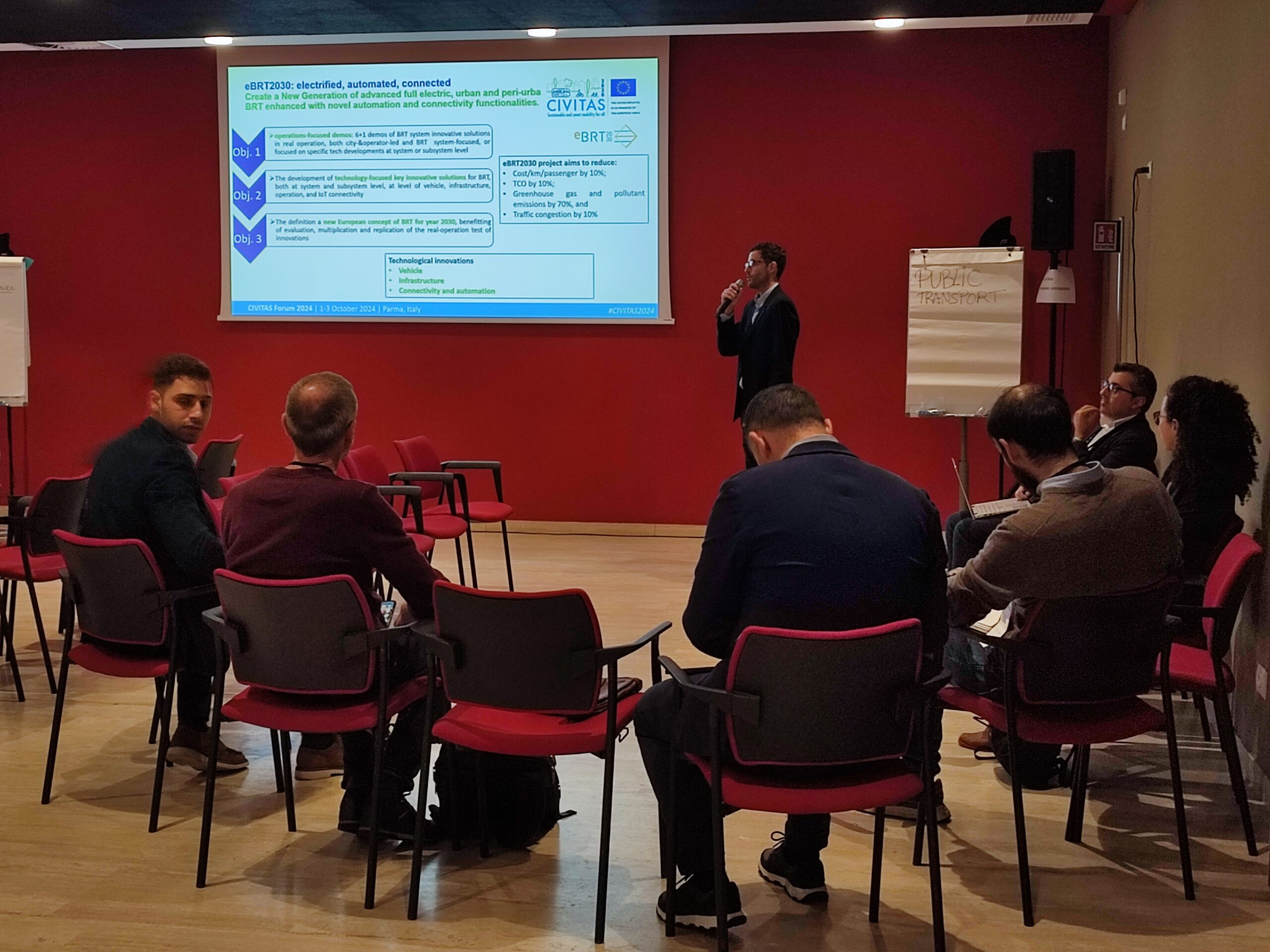
UPPER: Unleashing the Potential of Public Transport with a touch of Renaissance
The UPPER project played a key role throughout the forum, with representatives contributing to various sessions and showcasing how the project is redefining public transport through integration, inclusiveness, and sustainability.
On 30 September, Thessaloniki’s efforts to balance public transport with shared mobility solutions were discussed in the Mobility Policy Lab. By implementing UPPER measures TES08 and TES10, the city is working to address its mobility challenges.
On 1 October, Laura Babío from POLIS presented UPPER’s U-KNOW Tool, a platform designed to facilitate knowledge exchange and promote scalable solutions in urban mobility. The tool underscores UPPER’s commitment to supporting cities in implementing more sustainable and efficient transport networks.
Community-driven initiatives were also in the spotlight during the session ‘How Community-driven Initiatives Can Fundamentally Reshape Urban Mobility Systems’ on 2 October. UPPER partner José Solaz from IBV, along with fellow speakers, explored how cities are addressing transport challenges through local engagement. The session highlighted the power of community participation in co-designing accessible, inclusive, and resilient transport solutions, showcasing successful models where community input has played a pivotal role in shaping more connected and equitable urban transport systems.
In the session ‘Driving Sustainable Urban Mobility: Strategies for Behavioural Change’, Pietro Podestà from Factual Consulting shared the results of UPPER’s cities in encouraging citizens to embrace public transport and shared mobility solutions. This was followed by Chiara Di Majo from Roma Servizi per la Mobilità, who presentedRome’s efforts to integrate public transport with shared mobility during the session ‘Daring Cities Connecting the Dots: Integrated Approaches’. Di Majo gave an insightful overview of Rome’s measures under the UPPER project, aimed at promoting seamless mobility integration.
On 3 October, UPPER’s Project Coordinator, Mircea Steriu from UITP, joined the panel for the session ‘Creating Universal Accessibility: How Can We Fulfil Mobility as a Right through Engagement, Data, and Services for All?’. This session addressed one of the fundamental issues facing cities today: ensuring mobility as a universal right for all citizens. Steriu shared insights from the UPPER’s work, where Mobility as a Right (#MAAR) is a core pillar. UPPER’s approach is built on the belief that Accessibility + Inclusiveness = Freedom, highlighting strategies that promote inclusive mobility and accessibility for everyone, particularly those with reduced mobility. The project emphasizes that sustainable urban mobility can only succeed when all transport modes are integrated into a system designed for people, not vehicles.
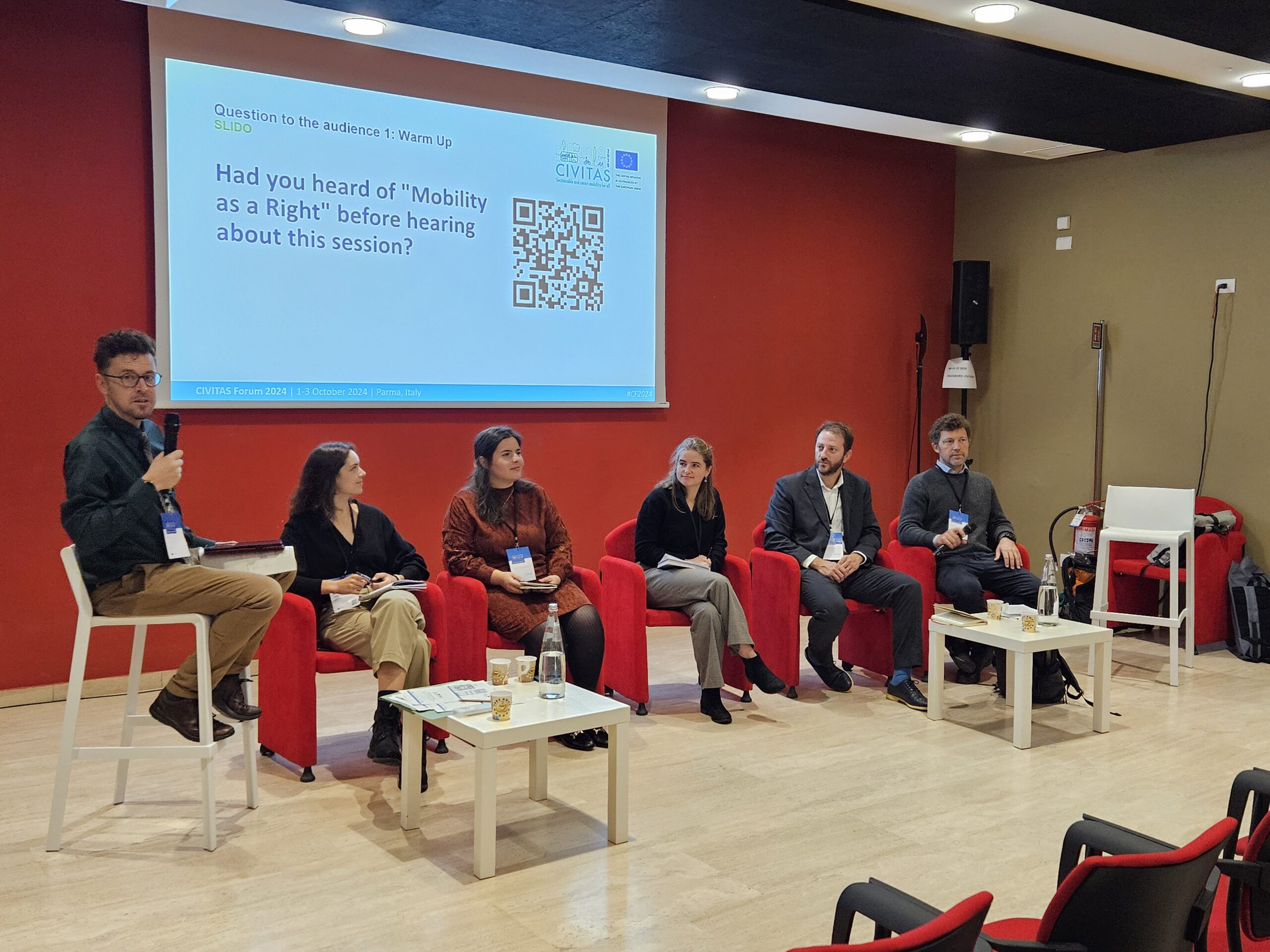
NetZeroCities and CIVITAS: A New Partnership for Climate-Neutral Cities
The Mobility Policy Lab, co-hosted by NetZeroCities and the CIVITAS Initiative, explored various policy scenarios and strategies to tackle city-level mobility challenges. Insights from Thessaloniki and Madrid representatives were key, as they shared their experiences with decarbonising transport through renewable energy and integrating public transport with shared services. Isabelle Vandoorne highlighted the EU funding opportunities for public transport, with special emphasis on the UPPER and SPINE projects as flagship initiatives supporting trains, buses, trams, and shared mobility as the backbone of urban mobility.
A key highlight of the forum was the signing of a MoU between NetZeroCities and the CIVITAS Initiative, aimed at fostering collaboration on sustainable urban mobility. With transport accounting for 25% of the EU’s emissions, this partnership is a crucial step in helping cities reduce their environmental impact.
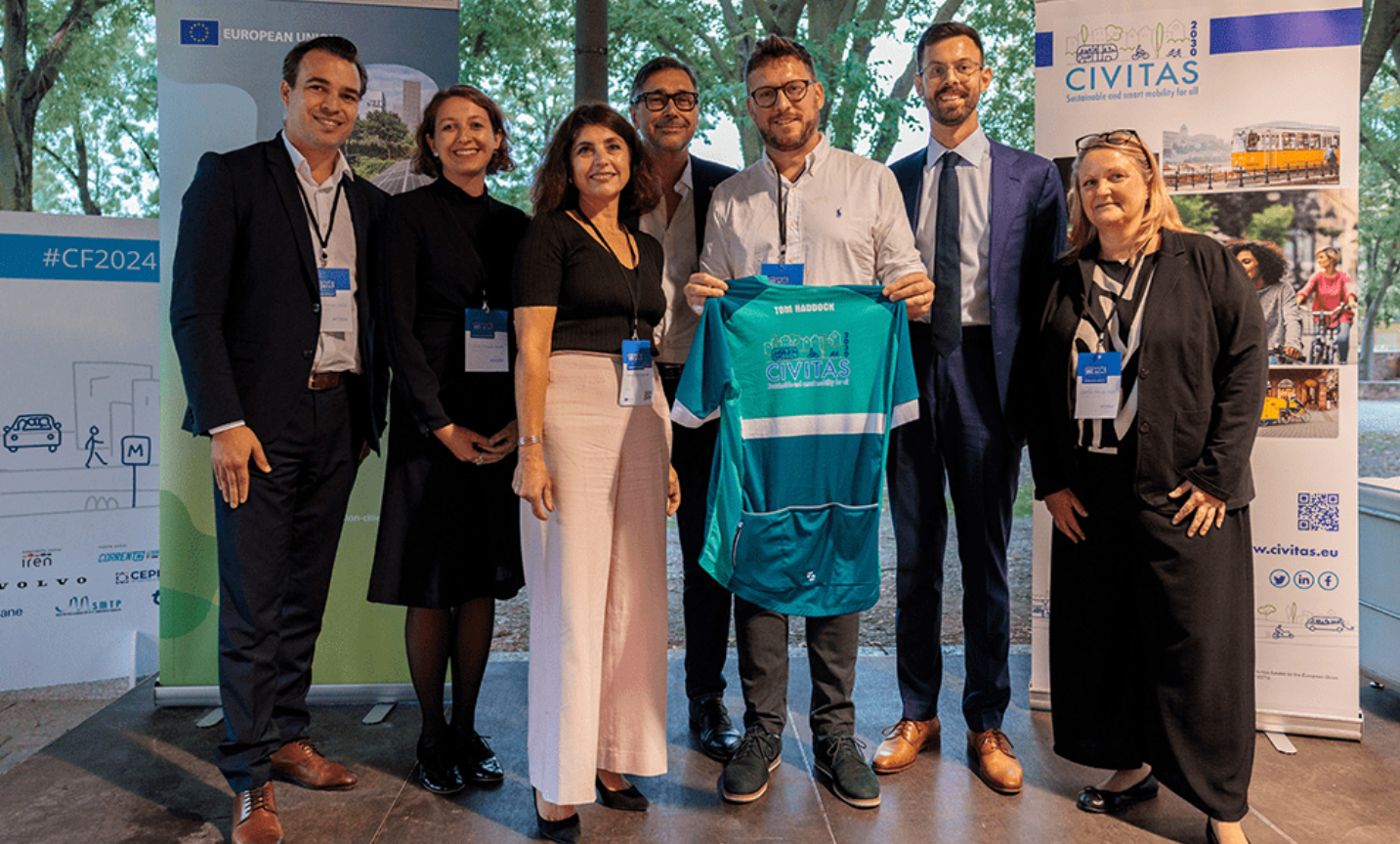
Together, we are committed to fostering collaboration and facilitating the exchange of knowledge across our networks, empowering cities and communities on their paths to climate neutrality.
A Shared Vision for Urban Mobility
The Civitas Forum 2024 was a showcase of EU-funded projects and innovative solutions that will shape the future of urban mobility. From electrifying transport to promoting inclusivity, accessibility, and behavioural change, the forum’s discussions reinforced that collaboration, open dialogue, and shared vision are key to achieving Europe’s ambitious mobility goals.
Membership benefits


